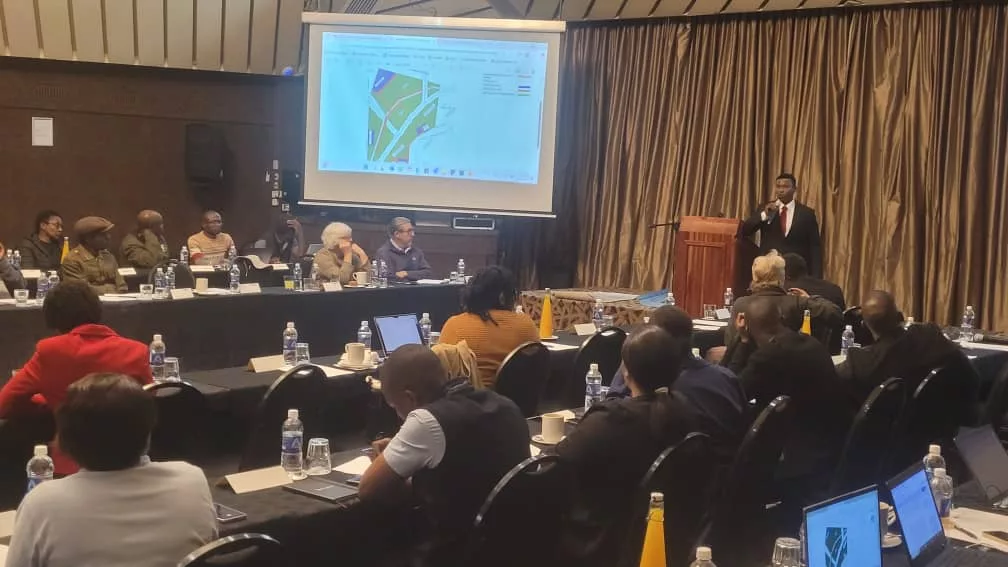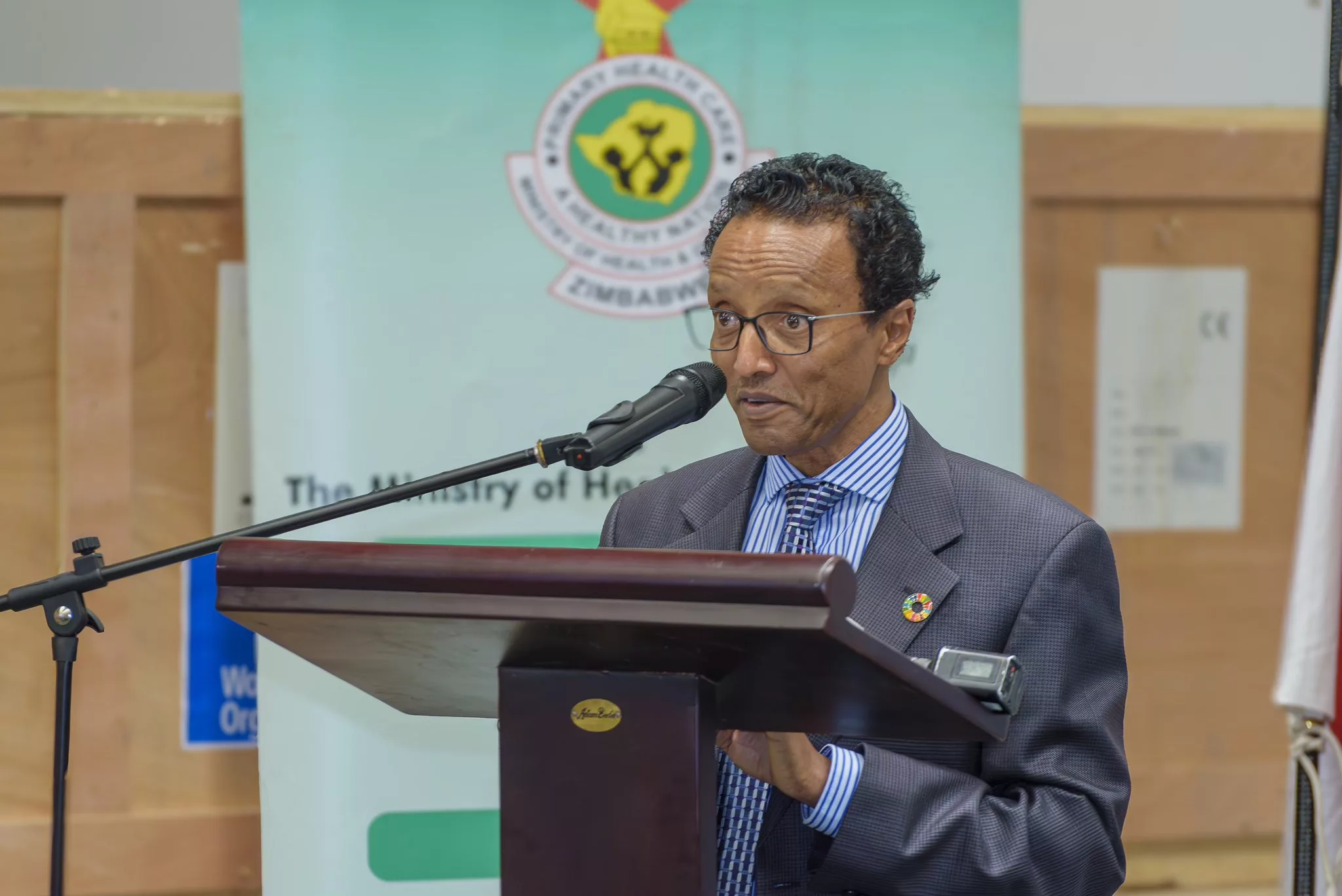By Charles Dhewa
From the Masaai livestock owners in Kenya failing to access veterinary products to farmers in Lupane district of Zimbabwe failing to access usual markets due to lockdowns, COVID19 has resulted in uniform collective grief among food producers across Africa. To the extent dealing with droughts, locusts, fall army worm and other shocks pale in comparison to COVID19, the pandemic has shown how concerns of smallholder farmers are interconnected.
Different ways of handling bad news
Research and observations from eMKambo indicate that different agricultural commodities influence ways in which farmers are coping with bad news associated with COVID19. For instance in Buhera and Hwange districts of Zimbabwe, the pandemic struck when field crops like groundnuts, sweet reeds and green mealies were ready for the fresh market where such commodities enable farmers to buy basic commodities like cooking oil, sugar and horticulture foods that do not do well in the district. Consequently restrictions in movement introduced by government as part of containing the spread of the pandemic blocked income sources from the market.
Due to the limitations of a production-focused agricultural system, policy makers have not looked at the impact of lockdowns on entire supply chains. Banning public transport like long distance buses that ply cities and rural Africa has not only compromised nutrition but stopped more than 60 percent of food that moves through public transport from production zones to consumers. “Just as some airlines are re-purposing passenger planes into cargo planes, why are governments not seeing the obvious merits of converting long distance buses into carriers and distributors of food from rural districts to cities?,” wondered one of the traders in Mbare Harare.
Need for psycho-social support
There is no doubt that the pandemic has taken African farmers through different stages of grief such as anger, denial, depression and acceptance. Providing free inputs will not be a solution for farmers to deal with the psychological and emotion stress of losing their sources of livelihood. There is need for psychologists and sociologists to assist farmers with the grieving process which, depending on how it is handled, will influence how farmers’ responses to future interventions by development agencies and government. Many NGOs who were working with farmers pre-COVID19 left farmers in the cold and went into isolation, leaving farmers to grapple with market issues on their own.
Across much of Africa, guidelines for dealing with COVID19 were not explained in sufficient detail for farmers, traders, consumers and other value chain actors to fully understand what was happening. Explaining decisions in enough detail would have shown that leaders were treating farmers and agricultural value chain actors with care. Lack of clear information has made it hard for farmers, especially those in remote communities, to process complex information about the pandemic. By providing regular market updates, eMKambo has tried to sustain hope, resilience and inspiration among farmers so that they continue producing. This prevented a withdrawal syndrome among those who were contemplating stopping to produce after the first loss during the first 21 days of the lockdown.
Importance of farmer leadership during shocks
Failure to come up with tangible comprehensive solutions will slow the ability of African smallholder farmers to bounce back from effects of the pandemic. Many farmers are losing trust in farmer leaders, rules, laws and informal social agreements that have driven agriculture for decades. No amount of free inputs will rebuild the trust.
What has become clear is the dire need for appropriate farmer leadership during difficult times such as pandemics. A key role for such leadership is building cultural and psychological protection for farmers to secure their well-being, livelihoods and performance.
Facilitating alternative markets can be a better way of reducing the damage inflicted on farmers by the pandemic as well as directing their willpower and energy to prepare for the future.
Creating pathways for sustaining farmers’ hopes and collective resilience cannot be over-emphasized. Unfortunately, market failure caused by lockdowns has largely been treated as business as usual through bureaucratic processes that have not taken into account the perishable nature of most commodities produced by African smallholder farmers. When tomatoes are ready for the market they are ready for it. The same applies to eggs, beef, and pork.






